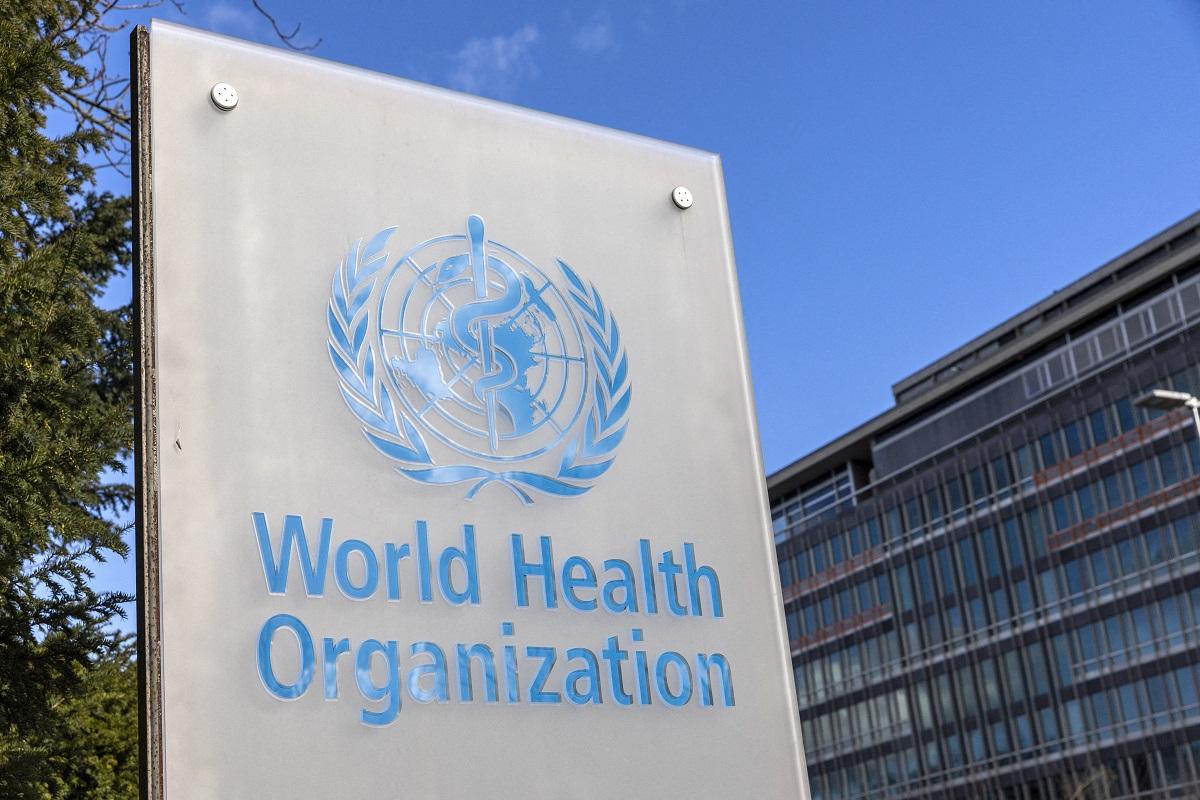WHO calls for ‘immediate action’ over cholera vaccine shortage
Published March 21, 2024 6:28am GENEVA, Switzerland – Immediate action is needed to stem a spike in cholera cases amid worldwide shortages of vaccines, the World Health Organization (WHO) said on Wednesday. Millions of people are at risk of cholera as the vaccine’s only producer, South Korean EuBiologics, is unable to keep up with demand, […]


GENEVA, Switzerland – Immediate action is needed to stem a spike in cholera cases amid worldwide shortages of vaccines, the World Health Organization (WHO) said on Wednesday.
Millions of people are at risk of cholera as the vaccine’s only producer, South Korean EuBiologics, is unable to keep up with demand, the WHO’s International Coordinating Group on Vaccine Provision (ICG) said.
“Immediate action is needed to stem an unprecedented multi-year upsurge in cholera cases worldwide,” the ICG, which manages the global cholera vaccine stockpile, said in a statement.
“The severe gap in the number of available vaccine doses, compared with the level of current need, puts unprecedented pressure on the global stockpile of vaccines.”
In 2022, the number of cases signaled to the WHO doubled from the previous year to 473,000.
In 2023, there were probably some 700,000 cases.
The ICG said global vaccine production in 2024 would be between 17 million and 50 million doses “but will likely continue to be inadequate to serve the needs of millions of people directly affected by cholera”.
With no new manufacturers expected to join the market before 2025, shortages are due to persist into next year, the ICG said.
And that despite the ICG in 2022 reducing its recommended dosage from two to one.
“The same urgency and innovation that we saw for COVID-19 must be applied to cholera,” urged the ICG.
Cholera is an acute intestinal infection that spreads through food and water contaminated with feces carrying the Vibrio cholerae bacterium, the ICG says.
The rise in cholera is being driven by a lack of clean water, soap and toilets.
The worst affected countries include the Democratic Republic of the Congo, Ethiopia, Haiti, Somalia, Sudan, Syria, Zambia and Zimbabwe. — Agence France-Presse














